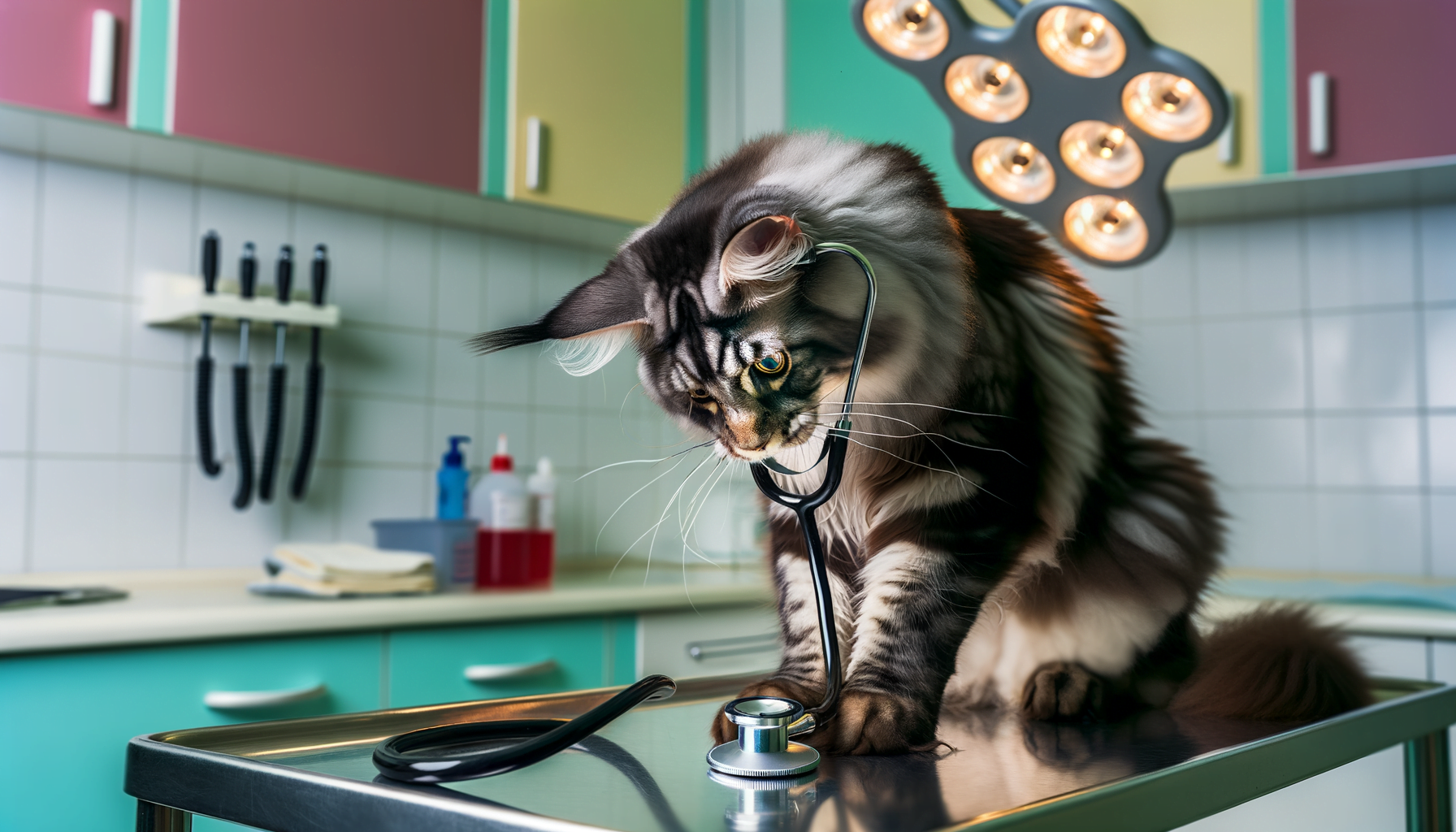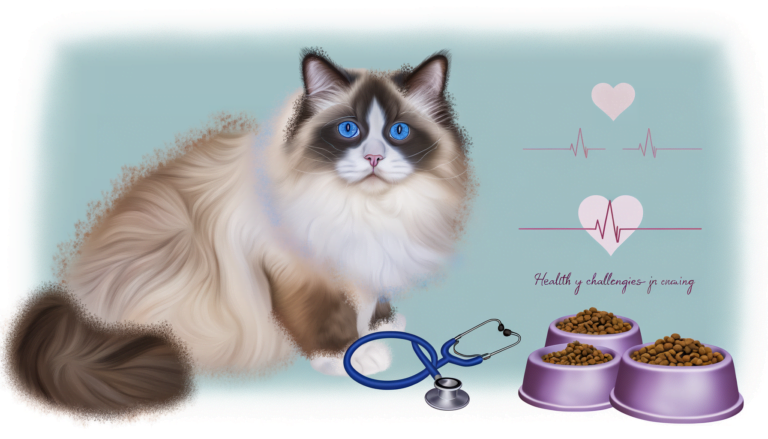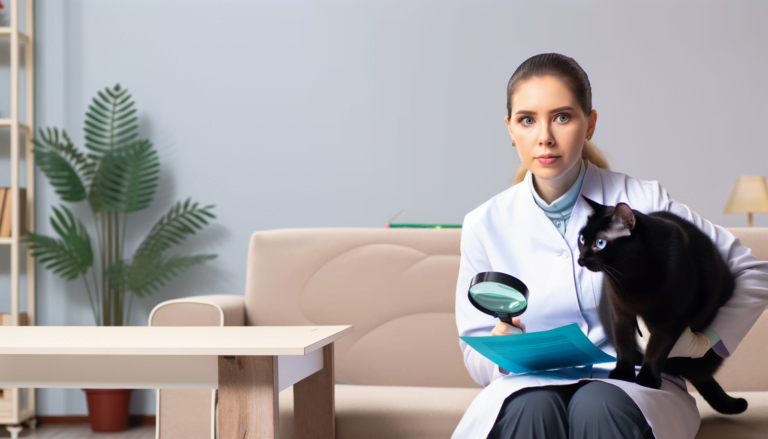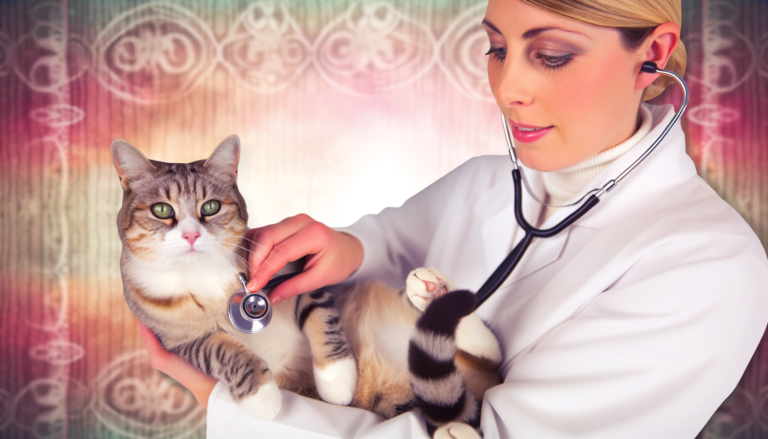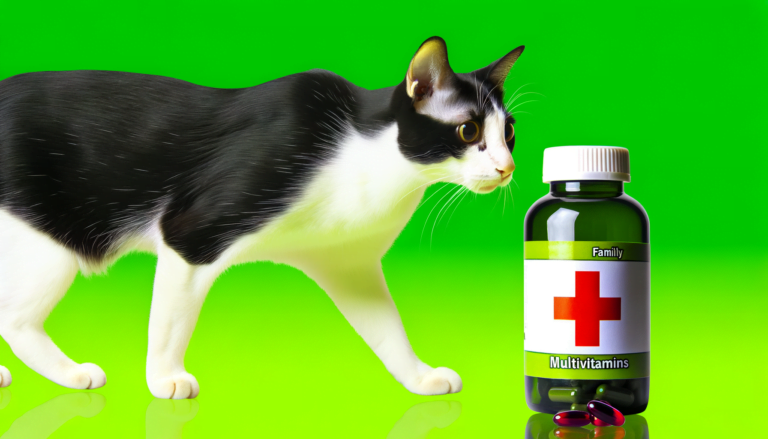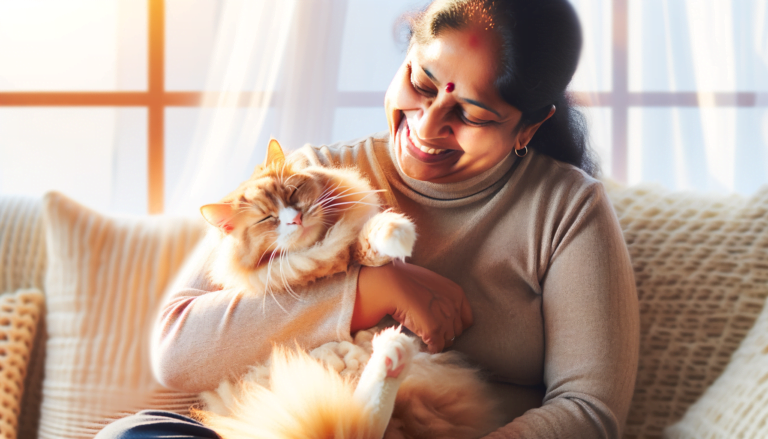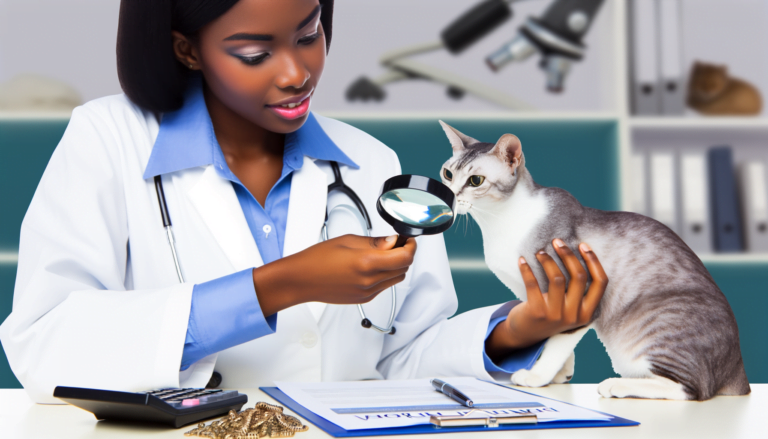Demystifying the Health Status: An Insight into Maine Coon Cats Health Issues
Maine Coon Cats, like any other breed, are susceptible to certain breed-specific health issues, most notably hip dysplasia, spinal muscular atrophy, and hypertrophic cardiomyopathy. Hip dysplasia can affect their mobility due to irregularities in the hip joint, whereas spinal muscular atrophy affects their muscular control. Hypertrophic cardiomyopathy, a heart disease, is considered the most severe. Despite these potential health problems, with regular veterinary checkups and a healthy lifestyle, Maine Coon Cats can enjoy a long and fulfilling life.
Reducing Health Risks: Care and Management of Maine Coon Cats
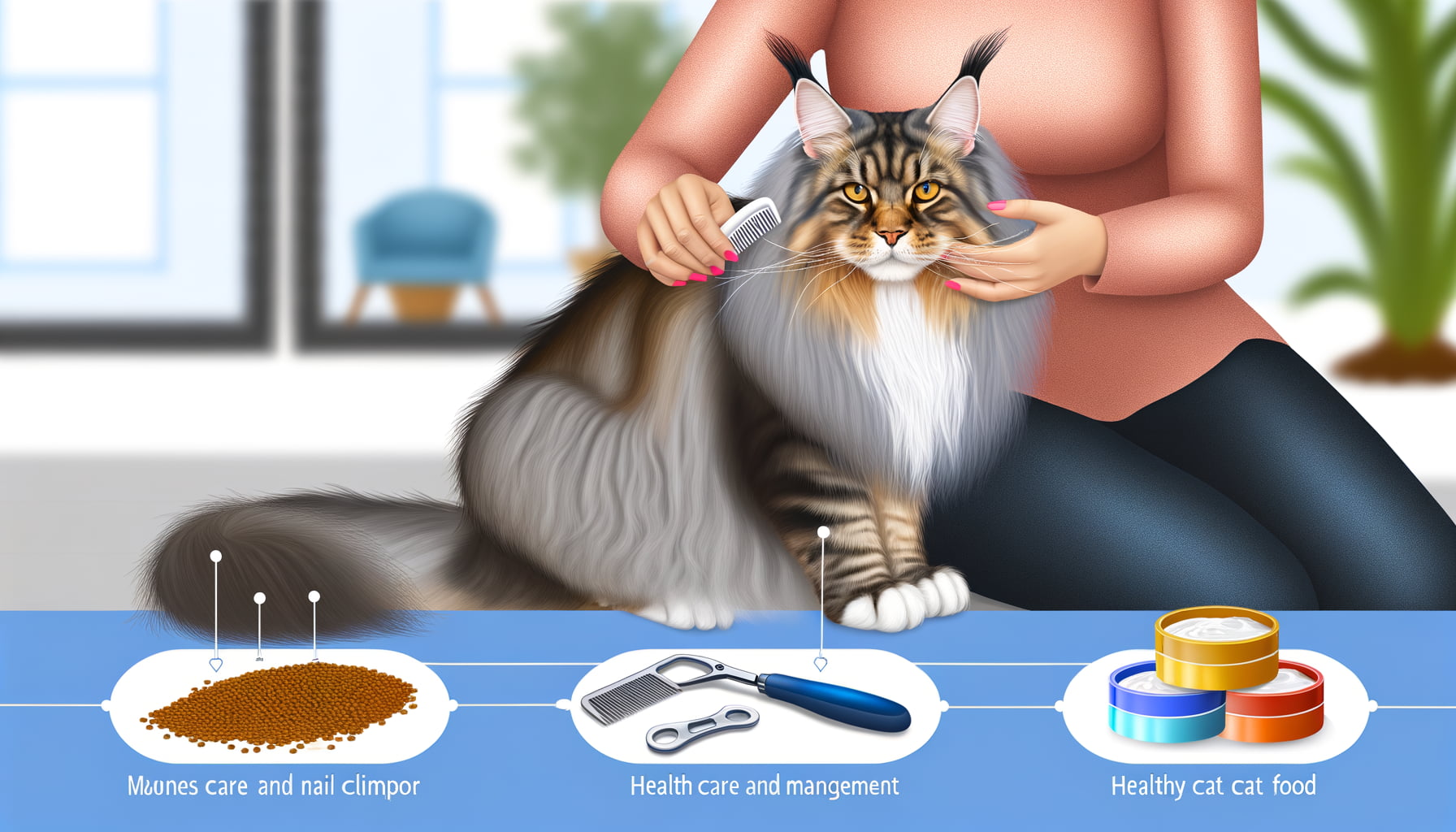
In addressing the wellbeing of Maine Coon Cats, attention to their care and management is paramount. Regular health check-ups can aid in early detection and prevention of diseases. Often, Maine Coon cats are susceptible to dental disease, so it’s recommended to incorporate dental care routines such as teeth brushing and professional cleaning.
Known for their energy and playful nature, Maine Coon cats also need their physical needs attended to. Regular exercise helps maintain a healthy weight and reduce the risk of obesity-related health problems. Considering their dense fur, grooming is an essential part of care. A proper brushing regime helps prevent matting, skin issues, and hairball formation.
Lastly, a balanced diet rich in high-quality proteins and low in carbohydrates is advised to keep them energetically thriving. Overindulgence in treats could lead to unwanted weight gain and related health issues, hence controlled feeding is crucial. With proper care and effective management, the risk of health issues in Maine Coon Cats can be substantially reduced.
Genetic Predispositions for Health Problems in Maine Coon Cats
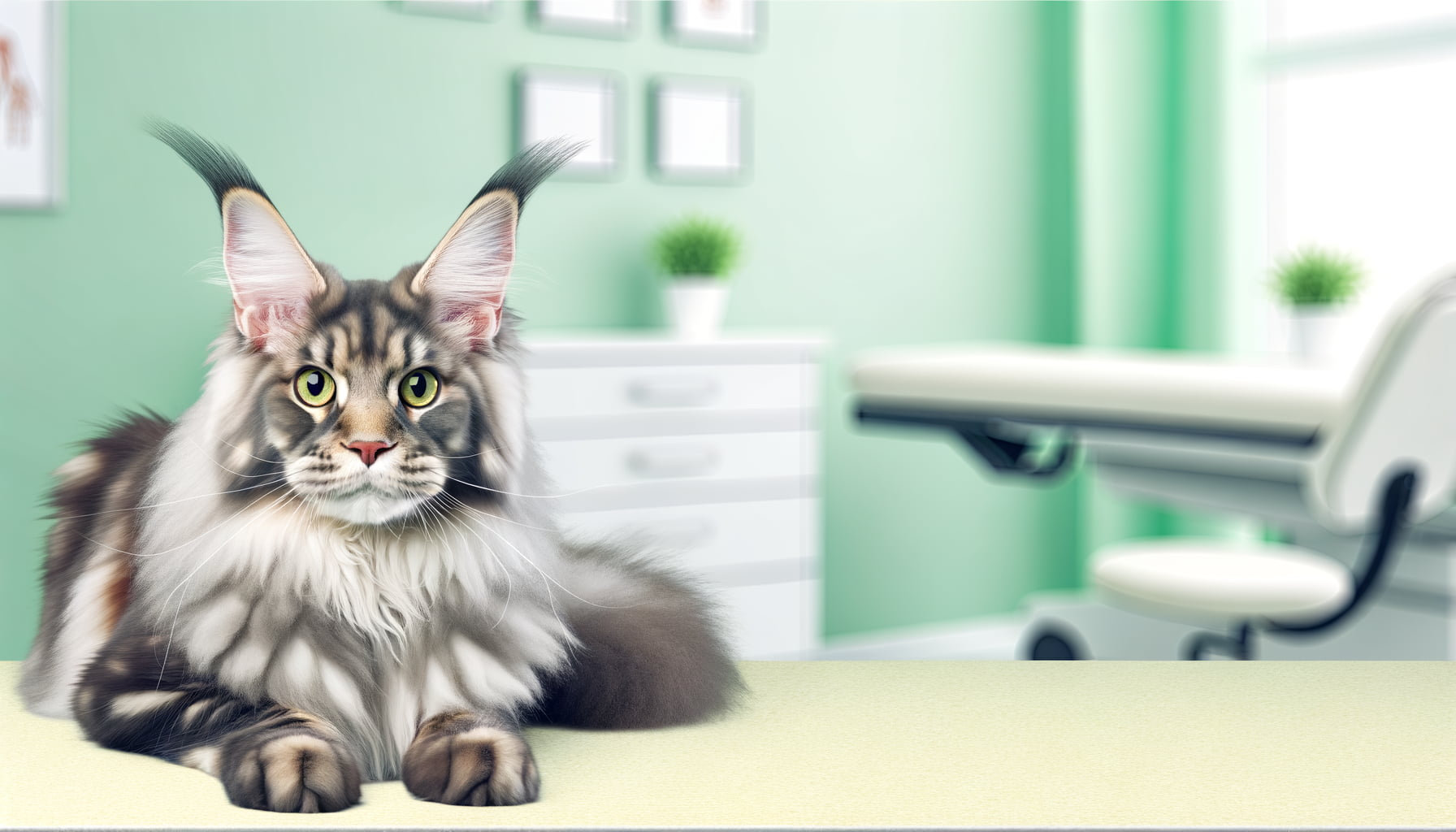
Maine Coon Cats bear a genetic predisposition to specific health problems, notably Hypertrophic Cardiomyopathy (HCM) and Hip Dysplasia. HCM is a significant heart disease in which the muscle walls of the cat’s heart thicken, causing depreciated function. It can potentially lead to sudden death despite not showing any prior obvious signs of illness. Genetic testing can assist in identifying cats carrying the HCM gene.
On the other hand, Hip Dysplasia is a condition where the ball and socket of the hip joint don’t fit together properly, causing potential pain and mobility issues. It’s prevalent in many large breed cats but particularly associated with Maine Coon Cats. X-ray screening can help diagnose this condition, enabling timely management and reducing discomfort and complications.
Another condition, the Spinal Muscular Atrophy (SMA), is a genetic disorder that affects the spinal cord’s motor neurons leading to muscle weakness and atrophy. It is observed less commonly but is also inherent amongst Maine Coon Cats. Fortunately, a DNA test can detect this gene early, enhancing the cat’s quality of life through proper care and monitoring.
Understanding the Basics of Maine Coon Cats
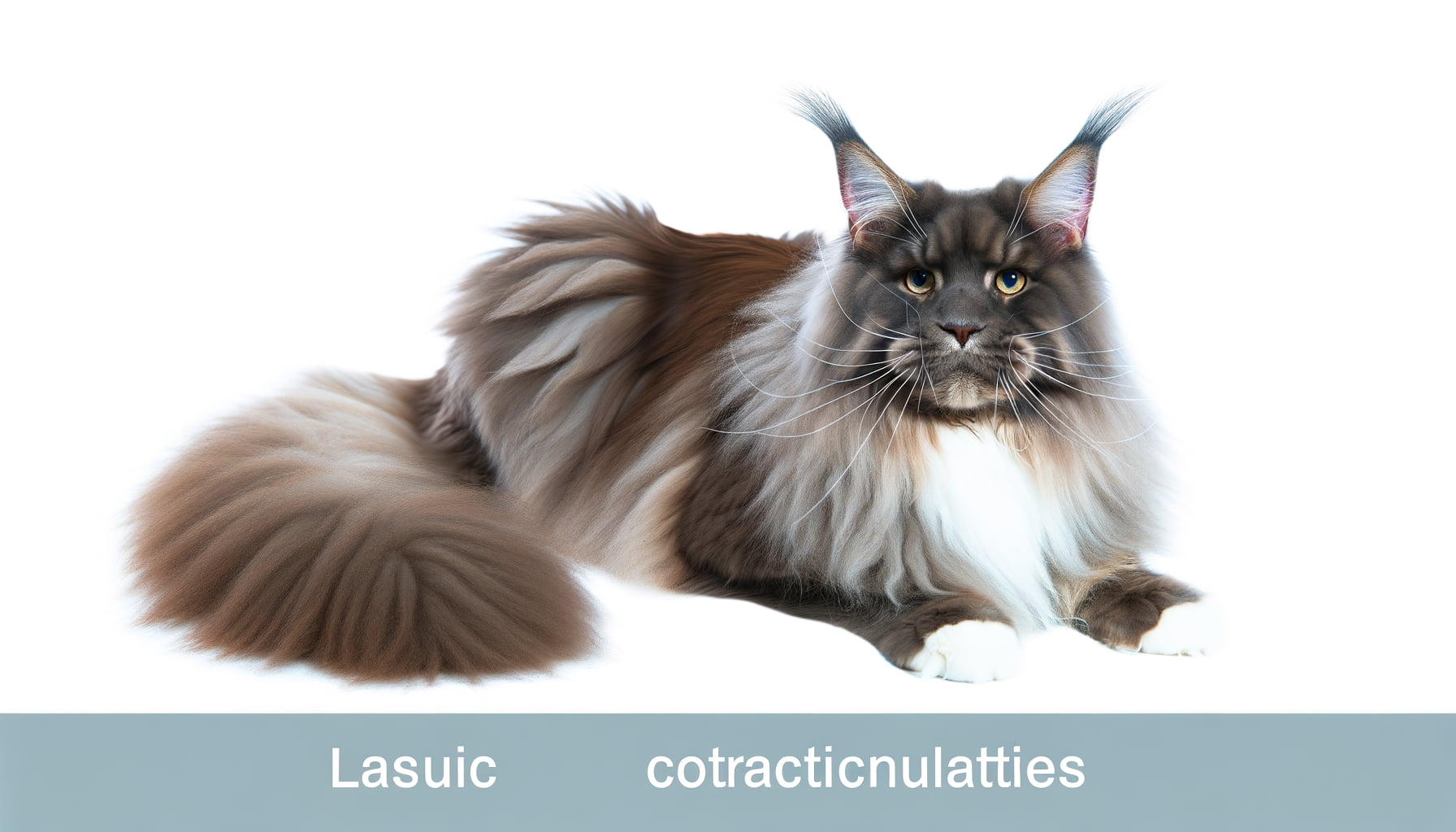
Maine Coon Cats, often referred to as “Gentle Giants”, are among the largest domesticated breed of cats, known for their bright eyes, bushy tails, and feathery ears. They boast a heavily furred, water-resistant coat, which was essential for their survival in the New England climate from which they originate. These felines tend to be very sociable and intelligent, with a playful demeanor that remains into adult years.
Distinct with their physical attributes, Maine Coon Cats bear a broad chest and a strong, muscular body. Important to note is their size, with males typically ranging from 13 to 18 pounds, and the females weighing slightly less, which makes them larger compared to other domestic cat breeds. Their size is often misconstrued as unhealthy weight gain, thus it is imperative for Maine Coon owners to understand these inherent breed characteristics.
This breed is notable for its strong hunting skills, a characteristic that was essential during their early days in the wild. This has contributed to their widely recognized independence. However, they are equally comfortable in human company and love interacting with their owners. While each cat is unique, understanding these basic traits and characteristics can help provide a strong foundation when discussing Maine Coon cats’ health considerations and potential issues.
Common Health Issues in Maine Coon Cats
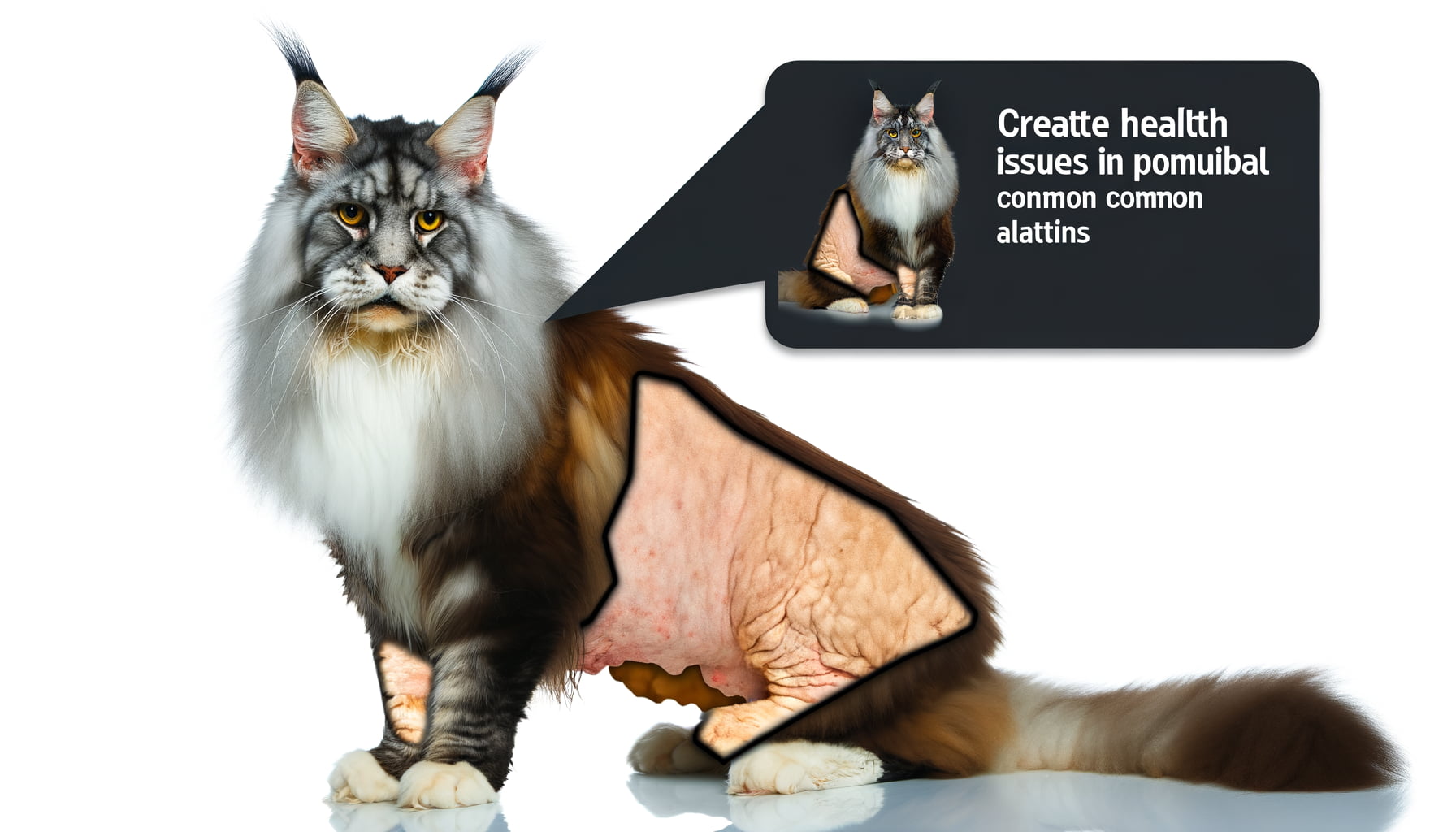
Maine Coon Cats, with their majestic fur and expressive eyes, are known for their robust health. However, certain common health issues do impact these regal felines. First among them is hip dysplasia, a condition typically associated with dogs, but also found in Maine Coons. This hereditary disorder results in the hip joint failing to develop correctly, leading to arthritis and limping.
Secondly, these magnificent cats are prone to hypertrophic cardiomyopathy (HCM), a heart disease that involves the thickening of the heart muscles. Symptoms can be subtle, such as slight weight loss or lethargy, making it somewhat challenging to diagnose early. Regular veterinary checkups can aid in early detection and treatment.
Finally, Maine coons can also suffer from spinal muscular atrophy (SMA), a genetic disorder that impacts the cat’s ability to jump or walk properly. Despite the daunting name, cats with SMA typically live a normal lifespan but may require some special care and attention. Awareness of these issues empowers owners to provide apt care, preventing undue suffering and extending the longevity of their beloved pets.
Conclusion
Demystifying the health status of Maine Coon cats sheds light on the importance of proactive care and regular check-ups to ensure their well-being. By understanding common health issues and being prepared to address them, owners can help their furry companions live long and healthy lives.
Through awareness and education, individuals can navigate the complexities of Maine Coon cat health with confidence. By staying informed and taking proactive measures, owners can provide the best possible care for their beloved feline friends.
